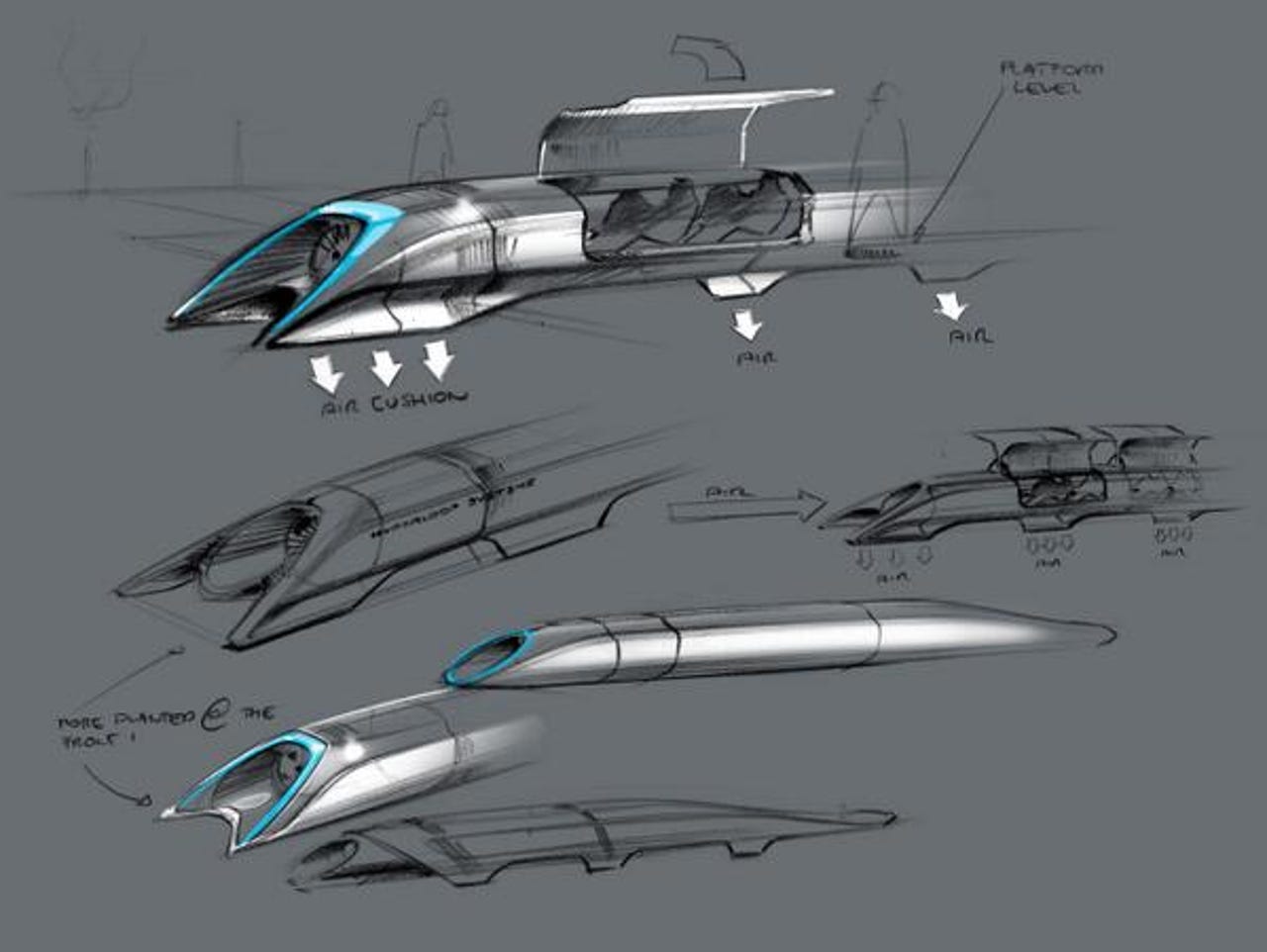Russia taps Hyperloop for domestic transport


An artist's portrayal of the Hyperloop Alpha.
Russia is exploring the possibilities of implementing Elon Musk's Hyperloop transport system to create a high-speed line between different parts of the country.
Local media publication RBC reports that Transport Minister Maxim Sokolov believes Russia is "ready" to implement a land transport system similar to Musk's hyperloop vision and a similar project is already in the works.
"In St. Petersburg Transport University two years ago, I became acquainted with the prototype. We can say that the technological principle has already been implemented," Sokolov said.
Featured
The Hyperloop is the brainchild of billionaire Tesla entrepreneur Elon Musk. First discussed in 2013, the conceptual land-based transport system uses a propulsion system based on electromagnetism which could, in theory, propel pods forward in vacuum-sealed steel tunnel at speeds of up to 750mph.
It is hoped that one day the technology could ferry passengers between Los Angeles and San Francisco in no more than 30 minutes.
See also: Students reveal Musk Hyperloop transit system in miniature
According to Anatolyi Zaitsev from the St. Petersburg State Transport University, the Hyperloop will involve constructing major roads which will connect western Russia to the north, south and far east corners of the country, and the first step will be connecting Baltic Sea ports with cargo terminals in Moscow.
When you consider the distance between Moscow and St. Petersburg is over 400 miles, creating such a transport network could be an expensive challenge.
According to Zaitsev, researchers have demonstrated "magnetic levitation" which is able to "lift any weight." The project as far as it stands is currently in St. Petersburg and is open for viewing.
It is estimated the project will cost between $12 and $13 billion, rather than $21 billion based on "western standards."
However, there are only a few financial contributors on board so far, including Gordon Atlantic, and the scheme is in its early stages.
The publication says that Russian engineers are currently within the laboratory equipment completion stage before picking up the materials required for the project -- before knocking at the doors of fresh investors.
2016: The best high-end tablets for business users
Read on: Top picks